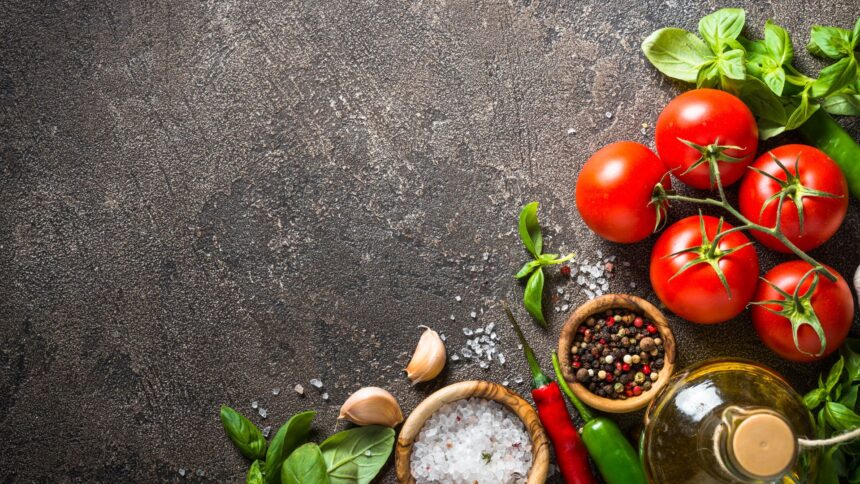The path to healing sometimes begins with returning to ancestral practices. For British Columbia’s Indigenous communities, a significant step forward on this journey arrived this week as Ottawa announced a $22.5 million investment aimed at bolstering food sovereignty across First Nations territories in the province.
The initiative, announced by Minister of Indigenous Services Patty Hajdu during a ceremony in Prince George, represents one of the largest targeted investments in Indigenous food systems in Canadian history. The funding will support 47 First Nations communities in developing sustainable food production, harvesting, and distribution systems that honor traditional knowledge while addressing contemporary challenges.
“Food sovereignty isn’t simply about access to nutrition—it’s about cultural continuity, environmental stewardship, and economic self-determination,” said Hajdu during the announcement. “When Indigenous communities control their food systems, we see healing that extends far beyond the dinner table.”
The program specifically targets communities facing geographical isolation and climate-related disruptions to traditional food sources. Among the recipients is the Tŝilhqot’in National Government, which will receive $1.2 million to expand their Indigenous-led agriculture program that has already transformed food access across six communities.
Chief Joe Alphonse, Tribal Chairman of the Tŝilhqot’in National Government, described the funding as “recognition of what we’ve always known—that our traditional food systems were sophisticated, sustainable, and sacred. This investment allows us to both revitalize ancient practices and develop new approaches that work for our people today.”
The funding arrives at a critical moment. A recent study from the University of British Columbia found that Indigenous households in rural B.C. face food insecurity rates nearly three times higher than the provincial average, with climate change intensifying these vulnerabilities through disrupted seasonal harvest patterns and diminished wildlife populations.
Projects receiving support range from community gardens and greenhouses to wild food harvesting initiatives, seed banks preserving Indigenous plant varieties, and educational programs teaching traditional food preparation to younger generations. Significantly, communities themselves will determine how the funds are allocated, reflecting a shift toward Indigenous-led governance models.
“For generations, Canadian policies actively undermined our food sovereignty,” noted Kukpi7 Judy Wilson of the Union of B.C. Indian Chiefs. “This funding acknowledges that healing these systems requires both resources and recognition of Indigenous authority over how those resources are deployed.”
The initiative also includes partnerships with provincial universities to document and preserve traditional ecological knowledge related to food harvesting, preparation, and preservation—knowledge that experts increasingly recognize as crucial for broader environmental sustainability.
Financial analysts note the economic dimensions of the program extend beyond immediate food security. “Indigenous food sovereignty creates sustainable economic opportunities in communities that have been systematically excluded from many development pathways,” explains economist Sarah Davidson. “When communities produce their own food, dollars circulate locally instead of immediately leaving the territory.”
While the funding represents a meaningful investment, advocates emphasize this should be viewed as part of a longer journey toward decolonizing food systems across Canada. Full sovereignty will require addressing fundamental issues including land access, water rights, and the ongoing impacts of resource extraction on traditional territories.
As climate change reshapes growing seasons and habitat patterns across North America, could Indigenous food sovereignty models offer lessons not just for First Nations communities but for building resilient local food systems throughout Canada and beyond?










